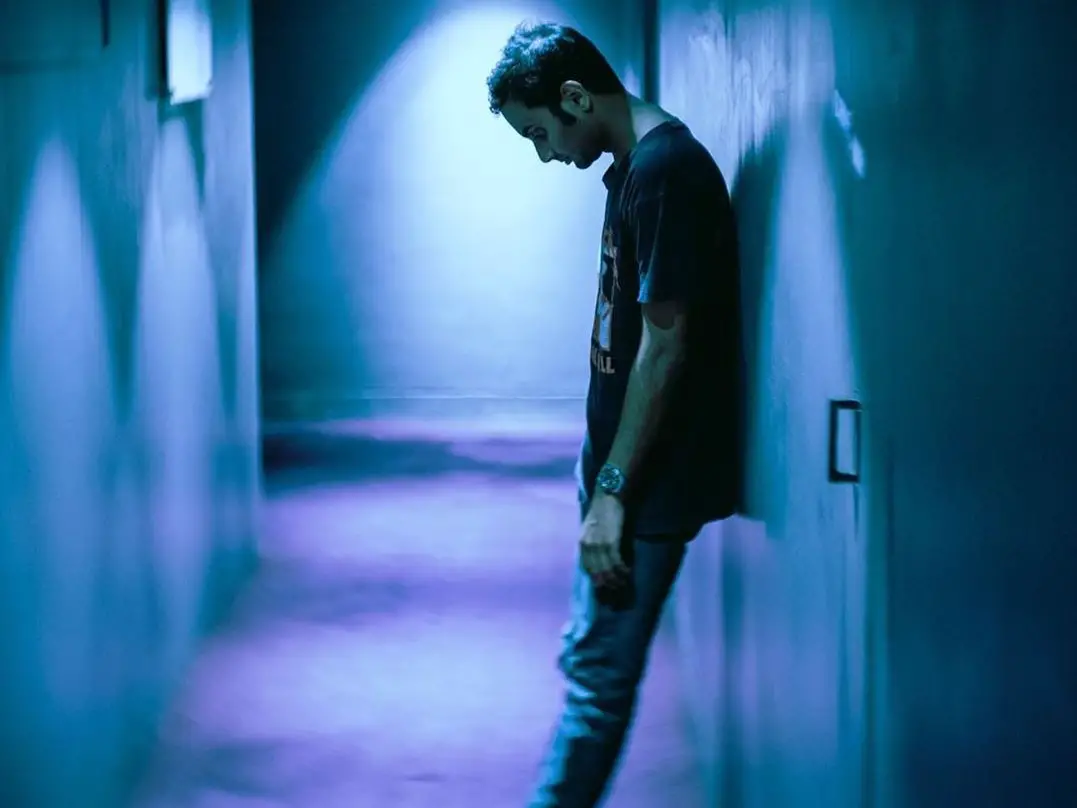Comedians have a vital role in the world. They are tasked with finding life’s most amusing elements and delivering joy to a room full of people. This can be far from easy, as it usually requires tackling the world’s most sensitive issues and shining a humorous light upon them. “Right Now,” by Aziz Ansari, is no different, although it does this in a unique way.
When a comedian is able to shine light upon life’s darkest components, displaying the humor for all to see, the result is oddly comforting. There’s something therapeutic about hearing a comedian poke holes in society’s most morally gray areas. This ability is compromised, however, when a comedian’s offstage character becomes tainted with accusations that force their career into a state of reclusion.
Comedian Aziz Ansari, best known for his role in the hit show “Parks and Recreation,” struggled to keep his career alive after a sexual misconduct allegation left his future looking bleak. The allegation occurred last January, and “Right Now” is Aziz Ansari’s first comedy special since. Considering the weight of Ansari’s allegation, the drought in his career was justified, and fans expected a genuine apology from the comedian.
“Right Now” has already divided fans. Some believe that the special has placed Ansari on the right path toward redemption, while others see it as an inadequate follow-up to the controversial events that took place.
Regardless of which side you take, “Right Now” denotes a pivotal moment for comedy through its unique structure — it transcends the typical stand-up routine by including features that provide a more genuine and personal feel.
Here are three details that make “Right Now” stand out among other comedy specials.
1. Cinematography
Traditionally, the same camera angle has always been used for stand-up. The shot typically sits right above the audience and captures most of the stage. However, this angle makes the comedian appear completely separated from the audience — like there is an invisible barrier at the edge of the stage, keeping the two detached.
Considering Ansari’s pressing need to connect with his audience, using the traditional camera angle would not send the message he wishes to convey. Rather, “Right Now” moves beyond the cookie-cutter techniques by including a cameraman on stage. This allows for close-up shots of Ansari during his routine, which limits both the physical and emotional distance from the audience and encourages them to sympathize with his apology.
2. The Apology
Ansari’s allegation is one of the first topics addressed in “Right Now.” Fellow comedians, like Louis C.K. and Kevin Hart, have recently been criticized for having mediocre apologies following their own controversial events.
Fortunately, Ansari does not fall victim to this trend. Instead, he delivers what appears to be a completely genuine and heartfelt apology. Commenting directly on the allegation, Ansari tells his audience that he “just felt terrible that this person felt this way.” Ansari then assures the audience that he intends to use the experience to “become a better person.”
Regardless, Ansari has already received plenty of criticism for this portion of the special, with many noting that he doesn’t directly admit to any specific actions. While he definitely could have addressed the accusation a little more specifically, it’s important to remember that “Right Now” is still a comedy special, and bringing up such specifics in a comedic atmosphere could be more problematic than helpful.
Ansari has also been criticized for never apologizing directly to his accuser. However, this is a flawed critique because, had Ansari addressed her any more directly, it would give the impression that he was calling her out. Considering Ansari was surrounded by his own fans at the time, a direct apology to somebody not even present would be a terrible look for him.
Is Ansari’s apology perfect? No — but it is far more genuine than those of his colleagues. It’s pretty uncommon for a comedian to drop their humorous facade during a routine, yet Ansari accomplishes this rare feat for the most appropriate of reasons. In this way, Ansari’s apology further illustrates just how pivotal of a comedy special “Right Now” really is.
3. Tackling social issues via constructive self-criticism
On the surface, self-criticism may not seem very unique in comedy because most comedians are known to demean their own actions for a few good laughs. The same can be said for addressing social issues — plenty of comedians do it, so what makes “Right Now” so different?
In this hour-long special, Ansari addresses several social issues — most notably political correctness and casual racism. Though he gives various accounts of times people have shot casually racist remarks his way, he never leaves himself completely blameless. Rather, he also cites plenty of occasions in which he’s been the culprit of political incorrectness.
Ansari succeeds in blending self-criticism and social commentary to a degree beyond any other comedian. By calling himself out for his own flawed and one-dimensional thinking, he’s able to work alongside the audience toward a more compassionate and conscious whole. The audience suddenly feels comfortable, laughing through this journey to self-discovery, and Ansari acts as their guide.
















